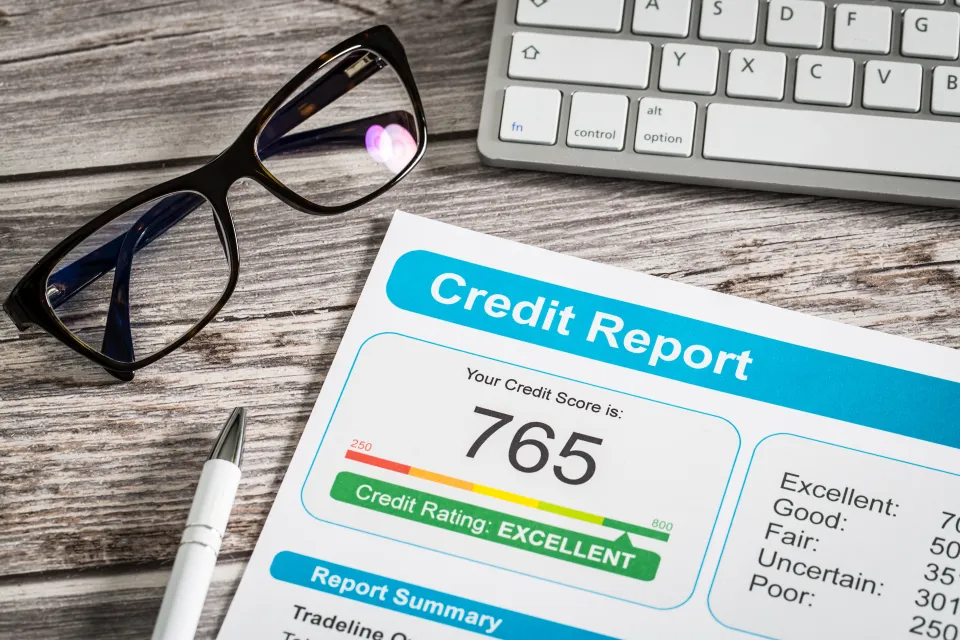Experian, Equifax, and TransUnion are the top three companies in the US that calculate credit scores, and they use a secret formula to get it.
The credit score says a lot about you, how you manage your economy, your finances and how fit you are to acquire new commitments. It is your cover letter to any bank and lender. So having a good score will give you access to cars, buy a house, a television, pay rent and even start your own business. Do you know how it is calculated?
As with all numbers, a mathematical formula is used to calculate your credit score, which helps lenders determine how fit you currently are to pay back a loan. Experts explain that credit scores are based on your credit history and range from 300 to 850.
If your score is high, a larger amount of money will be loaned to you. And if your score is at the other extreme, then they will lend you less money or even not lend you at all, and furthermore, if they take you to give a loan, it will be with higher interest, which will not make your debt light. It also serves to determine what type of credit card they authorize you.
“Essentially, the bank will say, ‘Hey, you don’t have a good credit score. Instead of a 2% interest rate, we’ll give you a 3% interest rate,” Kristin Myers, editor-in-chief of The Balance, a personal finance website, told NBC News in an interview. “It could mean you’re paying more money over the life of a loan each month,” she explained.
The three main institutions dedicated to calculating credit scores in the United States are: Experian, Equifax and TransUnion. Everyone has their own model for calculating credit scores.
Although none of them tell you what formulas they use to calculate your credit score, the factors they usually use are: bill payment history, length of credit history, current unpaid debt, how much of your available credit you are using, new applications for credit and if you have submitted a debt to collection, foreclosure or bankruptcy.
“Having a low credit score comes at a huge cost to people, a real real financial cost to them, and it’s a shame people don’t learn about it or don’t know about it or pay attention to it until it’s usually too late. ” said Colleen McCreary, financial consumer advocate at Credit Karma in an interview with NBC News.
